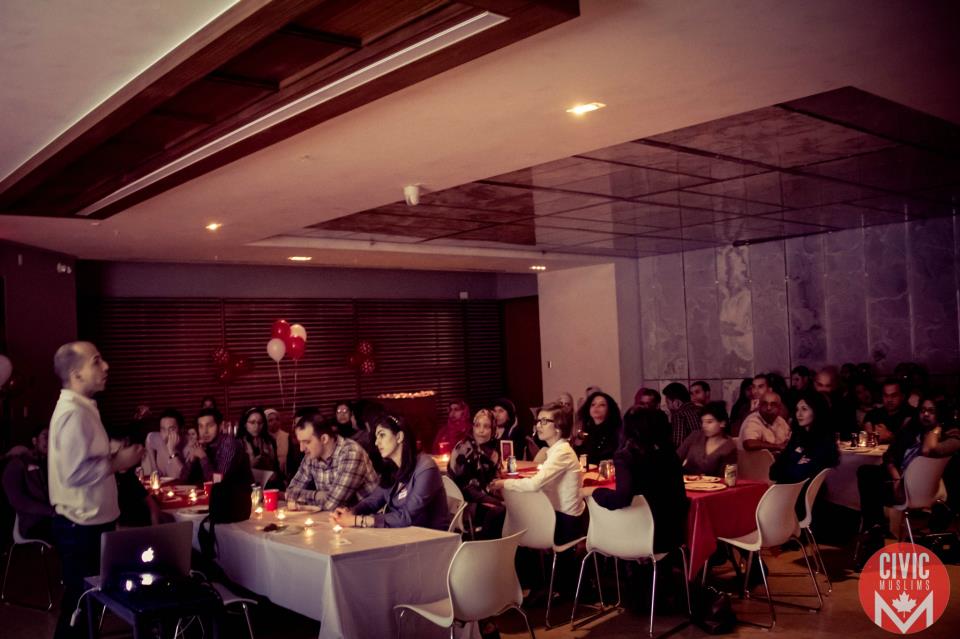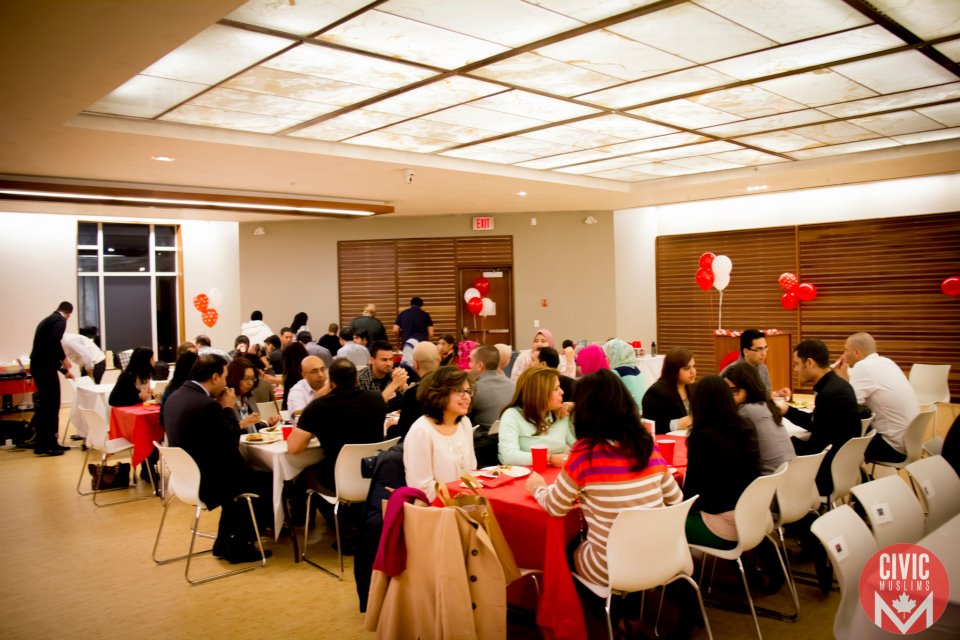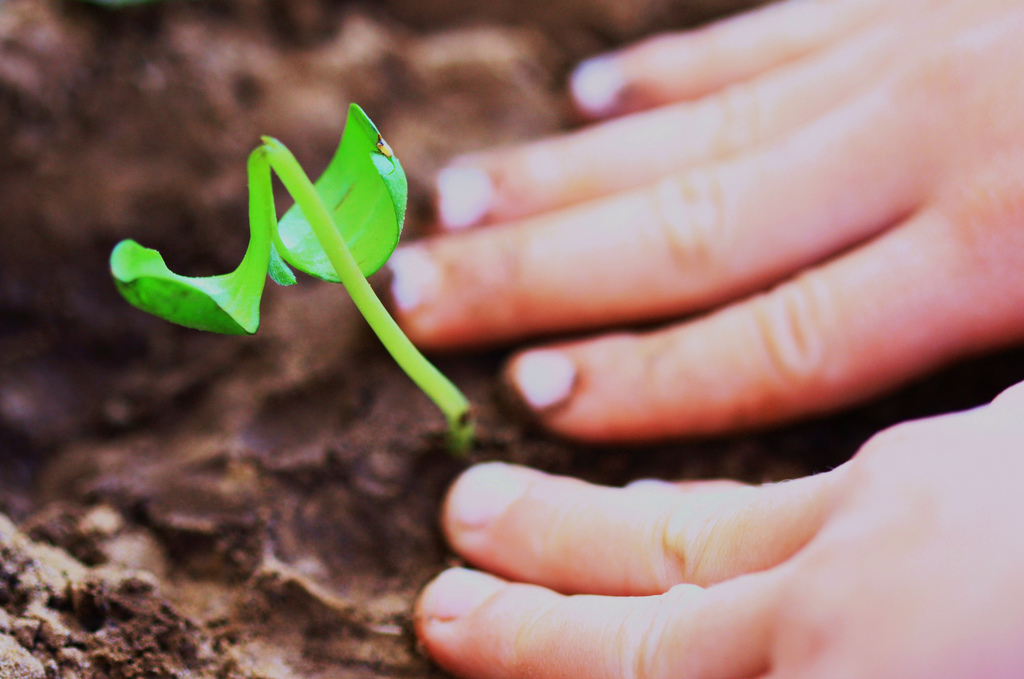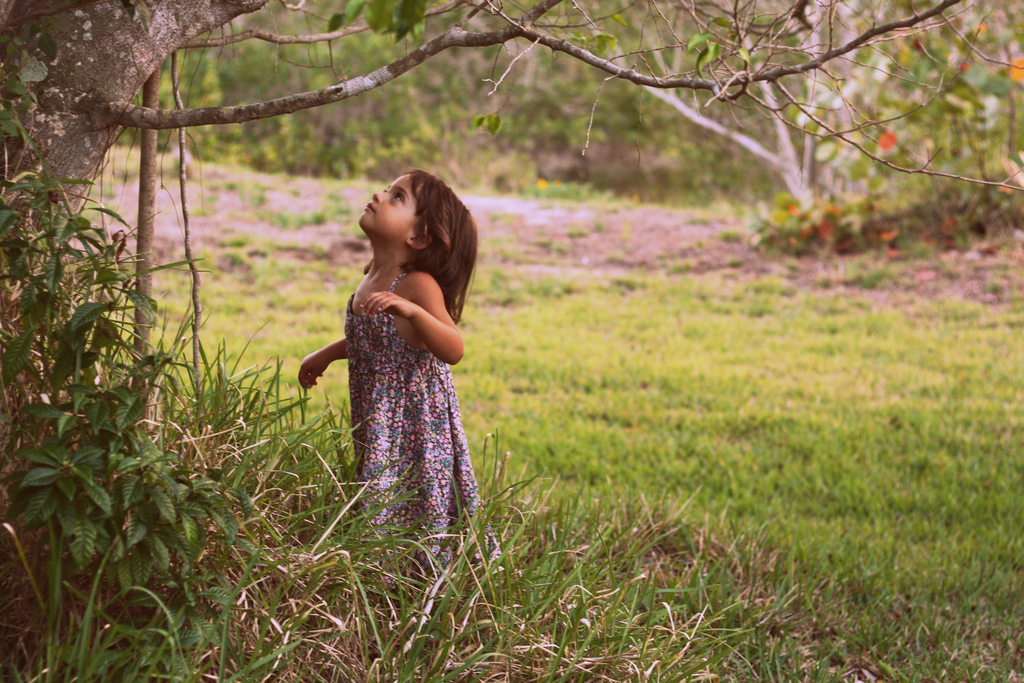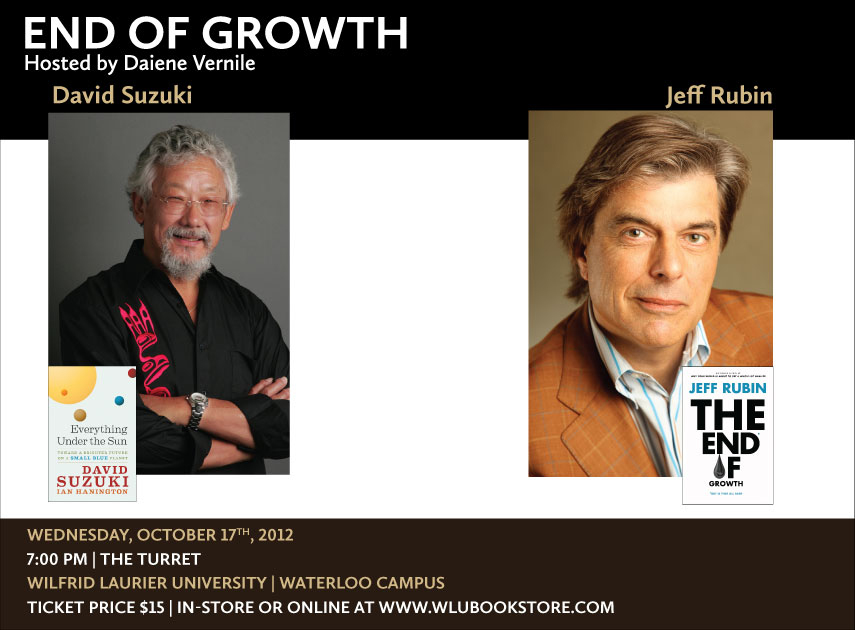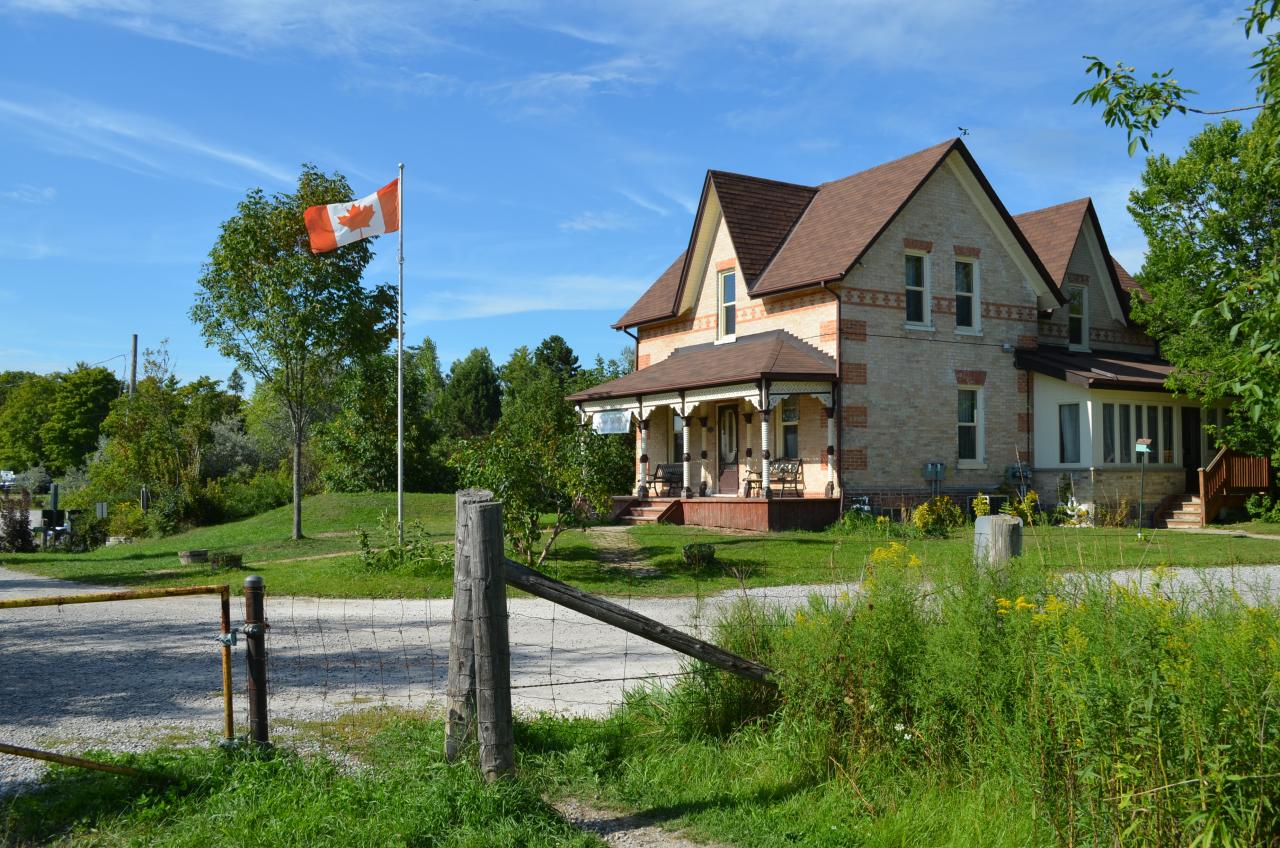By Shehnaz Toorawa
Prophet Muhammad, peace be upon him, said, “The world is green and beautiful and God has appointed you as His stewards over it. He sees how you acquit yourselves…” (Muslim).
Allah tells us in numerous verses of the Quran, that He has created everything on Earth—animals, rain, plants, oceans, stars, the sun, the moon—for the benefit of humans. With these favours comes the role of Khalifah, or guardianship.
The Quran tells us,“He it is Who has placed you as viceroys of the earth and has exalted some of you in rank above others, that He may try you by (the test of) that which He has given you” (6:165).
Today the planet is in a mess. Deforestation, desertification, water pollution, air pollution, soil erosion, extinction of species and the dwindling of resources indicate that humans are not fulfilling their role of Khalifah adequately. What can we do to fulfill our responsibility to protect the Earth? Here are seven small, but effective steps each of us can take to begin the process:
1. Buy less, consume less, waste less. On average, an individual in a developed nation consumes twice as much grain, twice as much fish, three times as much meat, nine times as much paper, and eleven times as much gasoline as an individual in a developing nation. (1)
Yet, shopping malls, TV commercials, flyers, billboards, and the fashion industry continually tell us we don’t have enough and we need to buy more. The 12 percent of the world’s population that lives in North America and Western Europe accounts for 60 percent of the world’s private consumption spending.(2) The Quran correctly describes our materialistic society in the verse, “The mutual rivalry for piling up (the good things of this world) diverts you (from the more serious things) until you visit the graves” (102:1-2).
While North Americans squander wealth and waste it in luxuries, 825 million people in the world are undernourished (3), 2.4 billion live without basic sanitation, and one billion lack adequate shelter.(4) Destruction of forests, desertification of grasslands, water pollution, depletion of fossil fuels, and the collapse of fisheries around the world warn us that the world’s resources are limited—certainly not enough to support the lifestyle habits of an average North American. In the Quran, God warns us not to take more than our share of the world’s resources:“…Do not squander (your wealth) wastefully. Surely the squanderers are the fellows of the Devils” (17:26).
In a world of limited resources, we have an obligation to resist consumer culture and squelch the urge to buy, consume, and eventually waste. The words of the Prophet (pbuh) are a beautiful example of how to live:“Be in the world as if you were a stranger or a traveller along a path” (Bukhari).“The best livelihood is the bare minimum” (Ahmad).
The Quran reminds us that we will be accountable for every item we own and resource we use:“Then (on the day of judgement) you will certainly be questioned about all the favours you enjoyed” (102:8).
Next time you’re in line at the cash register, ask yourself if you really need what you’re buying or if you can live without it.
2. Reduce your shower time to five minutes. The Prophet (pbuh) said, “Excess in the use of water is forbidden, even if you have the resources of a whole river” (Tirmidhi).
Ever noticed how long you spend in the shower? A five-minute shower consumes 100 litres of water. (5) That may not sound like much, but consider that less than one half of one percent of all water on Earth is fresh water for human use. The rest is sea water or frozen in polar ice caps.(6) Every person on Earth has a share in this water, yet 20% of the world’s population already lacks access to an adequate supply of clean drinking water.(7) While the average Canadian uses 335 litres of water per day, the average sub-Saharan African survives on 10-20 litres per day.(8) The Prophet (pbuh) would perform ghusl, a complete bath, with one Sa’ of water—that’s just 1.6 litres. In a world where water scarcity and pollution are increasing, every drop counts.
3. Buy locally grown food, without the packaging Where does the food you eat come from? The local farm or a land far away? In the United States, the average food item travels 2,500–4,000 kilometers.(9) The farther food travels before it reaches your plate, the less money the rural farmer retains. Multinational corporations that haul, package, and process the food collect a larger portion of the profit.
The farther food travels, the more energy it consumes for pesticides, preservatives, ripening, packaging, processing, transportation and sales. Eating local food results in a healthier diet, more equitable profit distribution, less energy consumption and less environmental pollution.
4. Take the transit or walk more often Cars not only guzzle the world’s dwindling supply of fossil fuels, but the burning of those fuels contributes to urban smog, acid rain, and other air quality problems. Cars produce large volumes of carbon dioxide and other greenhouse gases that contribute to climate change. The average car produces about 2.4 kilograms of CO2 for every litre of gasoline‚ or three to four times its own weight in CO2 every year. (10) This means more air pollution, more extreme weather and storms, more water contamination and more diseases.
Public transit, cycling or walking are simple ways to reduce energy consumption, improve air quality and lead a healthier lifestyle. If you normally drive to work, take the transit once a week for a refreshing change.
5. Install energy-saving bulbs and appliances in your home North Americans consume 30% of the world’s energy—an amount similar to that consumed collectively by all developing countries, holding more than 80% of the world’s population. While we may flick the light switch without a second thought, 2 billion people in the world lack access to electricity or other modern energy supplies.(11)
While it may be impossible for North Americans to forego the luxuries of electricity, heat, stoves, dishwashers and microwaves, we can reduce our energy consumption through efficiency. Europeans have done it—although they lead a similar lifestyle, people in the United States and Canada consume 2.4 times as much energy at home as those in Western Europe. (12) Home appliances are the world’s fastest-growing energy consumers after automobiles, accounting for 30 percent of industrial countries’ electricity consumption.(13) The good news is that energy-efficient lighting and appliances have become common in the North American market. Making your home energy efficient is an easy and effective way to reduce energy consumption without sacrificing convenience.
6. Eat more vegetables Vegetables capture energy for growth directly from a renewable source—the sun, while meat production in industrial countries requires a high input of non-renewable fossil fuel energy. When farmers raise animals on pasture, they require little grain, consume little energy and their manure becomes valuable agricultural fertilizer. Today, in most industrial nations, rather than being pasture-fed, corporations raise animals in factory farms that consume huge quantities of grain, water, hormones, and electricity and produce tonnes of toxic wastes. Producing one calorie of beef or poultry requires 11–17 calories of feed.(14) Producing 8 ounces of beef requires 25,000 litres of water.(15) This means that a diet high in grain-fed meat requires two to four times more land than a vegetarian diet. Health is another consideration—the crowded conditions of factory farms along with an absence of waste recycling make livestock easy targets for disease.
The Prophet (pbuh) allowed us to eat meat and, like all other foods, meat is one of Allah’s favours that He permits us to enjoy. However, we need to apply the principle of moderation, a key aspect of the Prophet’s lifestyle, in our diet. Eating more vegetables, without abandoning meat, can make a significant difference in the amount of natural resources each of us consumes. Next time you bite into that steak, think of the energy that went into producing it.
7. Recycle and compost Canadians generate approximately 1.7 kg of waste per person per day.(16) When we use recycled materials along with recycling and composting our household waste, we significantly reduce our energy consumption and waste production. Producing aluminium from recycled material, for example, requires 95 percent less energy than manufacturing it from raw materials.(17) Keep in mind that having a recycling box or a compost bin doesn’t justify consuming more and wasting more. Reducing consumption is still the best way to reduce our impact on the environment.
Where do you Stand? Calculate Your Ecological Footprint The ecological footprint is a tool that assesses the environmental impact of an individual, a region or an activity. Your ecological footprint indicates the amount of biologically productive land area required to support your lifestyle based on the amount of resources you use and the amount of wastes you produce. Calculations show that the planet has available 1.9 hectares of biologically productive land per person to supply resources and absorb wastes—yet the average person on Earth already uses 2.3 hectares worth. These “ecological footprints” range from 9.7 hectares claimed by the average American to 0.47 hectares used by the average Mozambican.(18) Calculate your ecological footprint and discover your impact on the planet at http://www.redefiningprogress.org/. The results may shock you!
Shehnaz Toorawa is a teacher with a degree in education, professional writing and geography. She also holds a Shariah degree from the American Open University. She is a busy homeschooling mother of three and is active in the Toronto community and currently host a blog called myinkspiration.
Endnotes: (1) Gregory Mock, “How Much Do We Consume,” World Resources June 2000, 22 Feb. 2006 http://earthtrends.wri.org/features/view_feature.php?theme=6&fid=7. (2) The Worldwatch Institute, “The State of Consumption Today,” State of the World 2004 Jan 2004, 22 Feb. 2006 http://www.worldwatch.org/features/consumption/sow/trendsfacts/2004/02/04/. (3) Ibid. (4) Molly O’Meara Sheehan, “Urbanization,” 22 Feb. 2006 http://www.worldwatch.org/topics/people/urbanization/. (5) Environment Canada, “Quickfacts,” 22 Feb. 2006 http://www.ec.gc.ca/water/en/e_quickfacts.htm. (6) Maude Barlow, Blue Gold (Toronto: Stoddart Publishing, 2002). (7) Diane R. Ward, Water Wars (New York: Riverhead Books, 2002) (8) Environment Canada, “Quickfacts.” (9) The Worldwatch Institute, “Watching What We Eat,” State of the World 2004 Jan 2004, 22 Feb. 2006 http://www.worldwatch.org/features/consumption/sow/trendsfacts/2004/06/02/. (10) Natural Resources Canada, “Climate Change—We’re All Part of the Solution,” 25 Jan. 2006, 22 Feb. 2006 http://oee.nrcan.gc.ca/communities-government/climate-change.cfm?attr=28#cct. (11) People and The Planet, “Energy: Supply and Demand,” 16 Jan. 2003, 22 Feb. 2006 http://www.peopleandplanet.net/doc.php?id=559. (12) The Worldwatch Institute, “Making Better Energy Choices,” State of the World 2004 Jan 2004, 22 Feb. 2006 http://www.worldwatch.org/features/consumption/sow/trendsfacts/2004/07/07/. (13) Ibid. (14) The Worldwatch Institute, “Watching What We Eat.” (15) People and The Planet, “Deadly Impact of Growing Demand for Meat,” 7 Jul. 2004, 22 Feb. 2006 http://www.peopleandplanet.net/doc.php?id=2277. (16) Environment Canada, “An Environmental Citizen…Who Me?” 22 Feb. 2006 http://www.ns.ec.gc.ca/udo/who.html. (17) The Worldwatch Institute, “Making Better Energy Choices.” (18) The Worldwatch Institute, “The State of Consumption Today.”
Photo credit from slightly everything









 By: Amal Al-Sibai
By: Amal Al-Sibai
